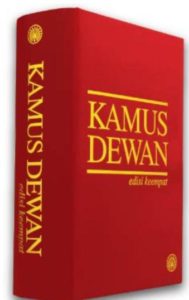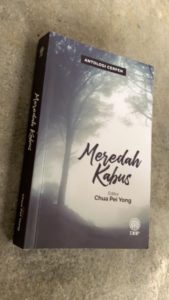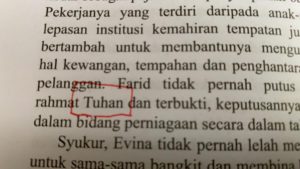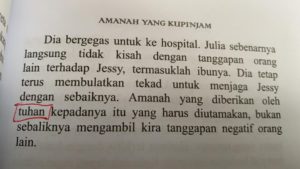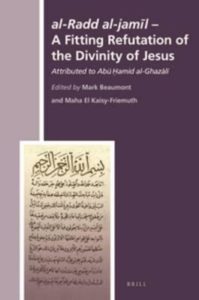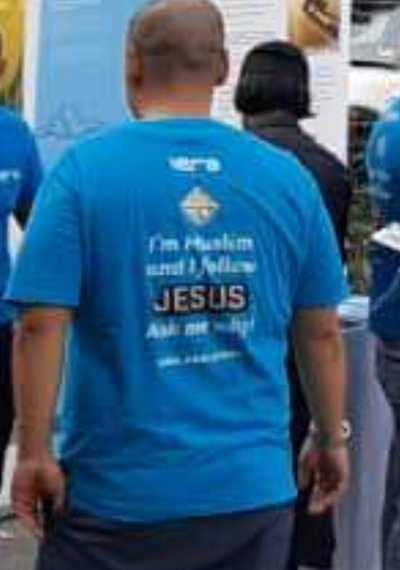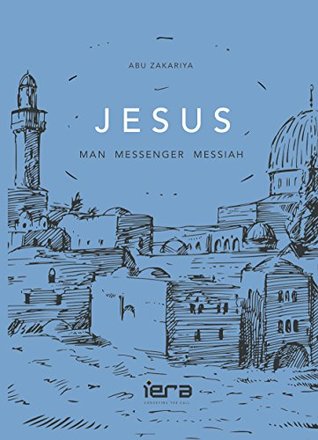
High Court quashes govt’s 1986 ban on ‘Allah’ use by Christians, affirms Sarawakian Bumiputera’s right to religion and non-discrimination
10 March 2021 by Ida Lim
KUALA LUMPUR, March 10 ― The High Court today ruled that the Malaysian government’s directive issued in 1986 with a total ban on the use of the word “Allah” in Christian publications is unconstitutional and invalid, and also declared orders to affirm Sarawakian Bumiputera Christian Jill Ireland Lawrence Bill’s right to not be discriminated against and practise her faith.
Justice Datuk Nor Bee Ariffin, who has since been elevated to be a Court of Appeal judge, granted three of the specific constitutional reliefs sought by the Sarawakian native of the Melanau tribe.
The three orders granted by the judge include a declaration that it is Jill Ireland’s constitutional right under the Federal Constitution’s Article 3, 8, 11 and 12 to import the publications in exercise of her rights to practise religion and right to education.
The other two declarations granted by the judge today are that a declaration under Article 8 that Jill Ireland is guaranteed equality of all persons before the law and is protected from discrimination against citizens on the grounds of religion in the administration of the law ― specifically the Printing Presses and Publications Act 1984 and Customs Act 1967), and a declaration that government directive issued by the Home Ministry’s publication control’s division via a circular dated December 5, 1986 is unlawful and unconstitutional.
The order today means that the government’s long-standing absolute ban in the 1986 circular on the use of the word “Allah” in Christian publications in Malaysia has been declared invalid by the court. Continue reading “High Court Quashes Govt’s 1986 Ban on ‘Allah’ Use by Christians,”
